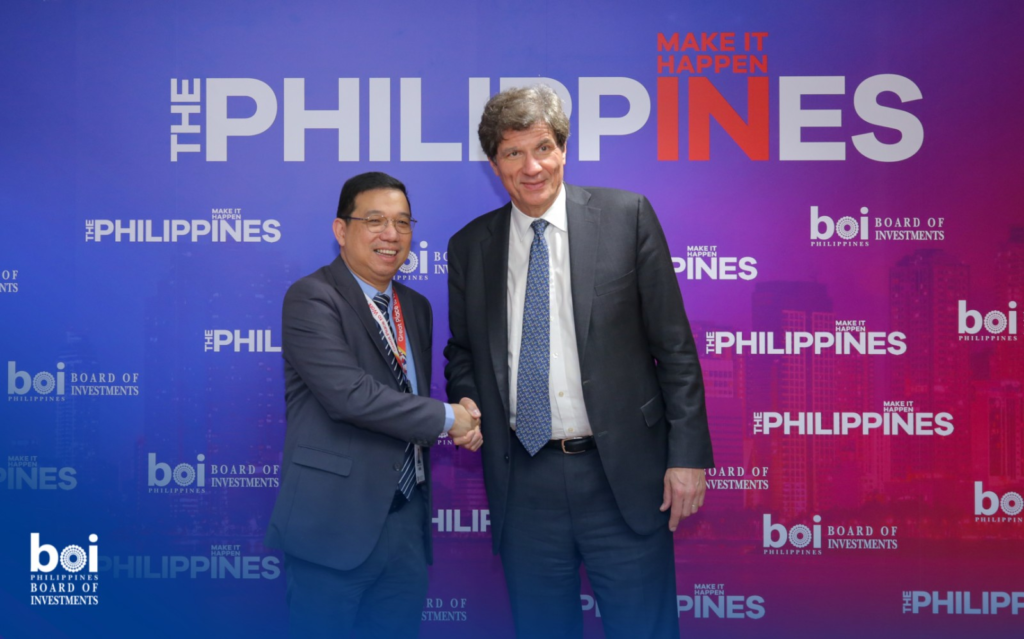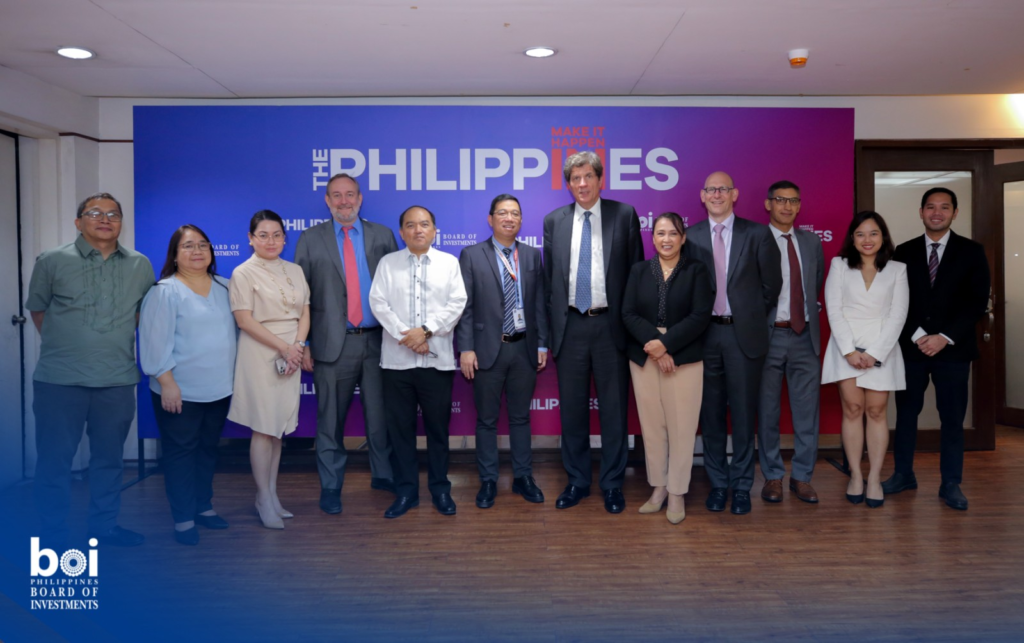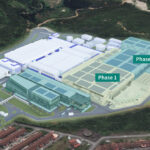ASIA ELECTRONICS INDUSTRYYOUR WINDOW TO SMART MANUFACTURING
U.S. Vows Support to Philippines’ IC, Metals Sectors
The United States government has affirmed support for the Philippines’ semiconductor and critical mineral industries. Particularly, the two countries committed this during a meeting between the Philippine Board of Investments (BOI) and United States Department of State Under Secretary for Economic Growth, Energy, and the Environment Jose Fernandez.
“We welcome this strategic collaboration with the United States in semiconductors and critical minerals. This partnership not only reinforces the Philippines’ position as a key player in the global economy but also opens avenues for mutual growth and innovation. Together, we are charting a course toward sustainable development and economic resilience,” said BOI Managing Head and Trade Undersecretary Ceferino Rodolfo.
Particularly, they discussed the challenges, opportunities, and competitive advantages in the Philippines focusing on the semiconductor and critical minerals industries.

Beneficiary of CHIPS Act
During the dialogue, Fernandez acknowledged the Philippines’ significant growth in semiconductors and critical minerals industries. Specifically, he highlighted its well-educated and highly-trainable workforce. Moreover, he committed to providing the Philippines an audience with the Minerals Security Partnership (MSP), a collaboration of 13 countries and the European Union. Here, partners aim to catalyze public and private investment in responsible critical minerals supply chains globally.
Both countries are working together to engage other nations to do mineral refining in the Philippines. Furthermore, the United States is ready to assist in the technical processes as the Philippines prepares a work plan on critical minerals.
Shifting the focus to semiconductors, the US shared that the Philippines is among the six (6) countries it will be supporting under the CHIPS Act. Recognizing the potential of the country’s semiconductor industry supplemented by its talent pool, the assistance will focus mainly on assembly, testing, and packaging. In addition, the U.S. government also announced that its U.S. International Development Finance Corporation will establish a more permanent presence in the Philippines by February.

Eyes IC Fab Plant
Meanwhile, the Philippines shared its plans to venture into semiconductor design. The BOI is looking into the establishment of a lab-scale wafer fabrication plant. Utilizing a more generic technology for commercial and educational purposes, the wafer fab lab aims to train and upskill the workforce, while enabling the local industry to do prototyping and some tape outs of semiconductor chip designs in the country instead of bringing them all the way to Taiwan. Moreover, the agency also shared, that it is already finalizing its goal to produce 128 thousand semiconductor-related engineers and technicians by 2028 to support the development of the country’s semiconductor industry.
Noting that the Philippines regularly participates in the OECD Southeast Asia Regional Program, the U.S. invited the country to join the OECD Semiconductor Informal Exchange Network. The US emphasized its goal of implementation rather than the discussion of policy ideas.
Looking ahead, the upcoming OECD Interim Economic Outlook for 2024 is anticipated to provide valuable insights on how to develop further the local semiconductor ecosystem with possible funding under the CHIPS Act.
Promotes Sustainability
Conversely, Rodolfo also provided an overview of the country’s economic landscape and touched on significant investments, particularly in renewable energy. The discussion expanded to encompass electric vehicles and green metals, showcasing the growing importance of these emerging sectors, and underscored the government’s continuous effort to implement policy reforms to facilitate ease of doing business in the Philippines through Executive Order 18, Constituting Green Lanes for Strategic Investments.
With a pronounced shift towards using and developing cleaner and more sustainable sources of energy, the Philippines aims to contribute to global efforts for a greener future.
The meeting concluded on a positive note, with both nations expressing optimism about future collaboration and economic growth.




